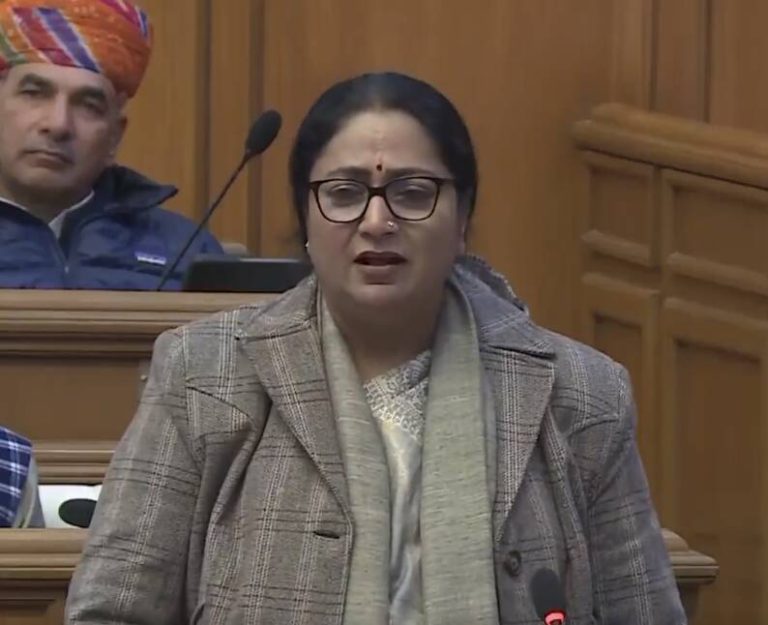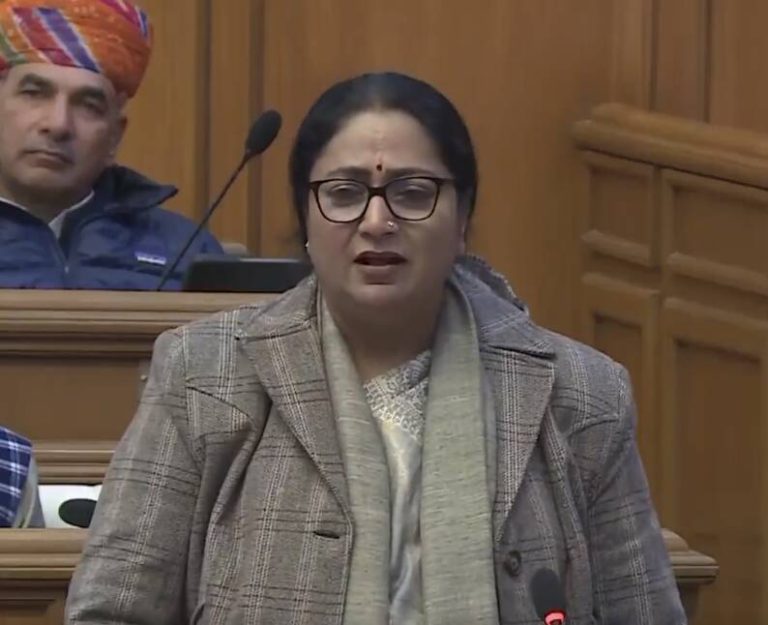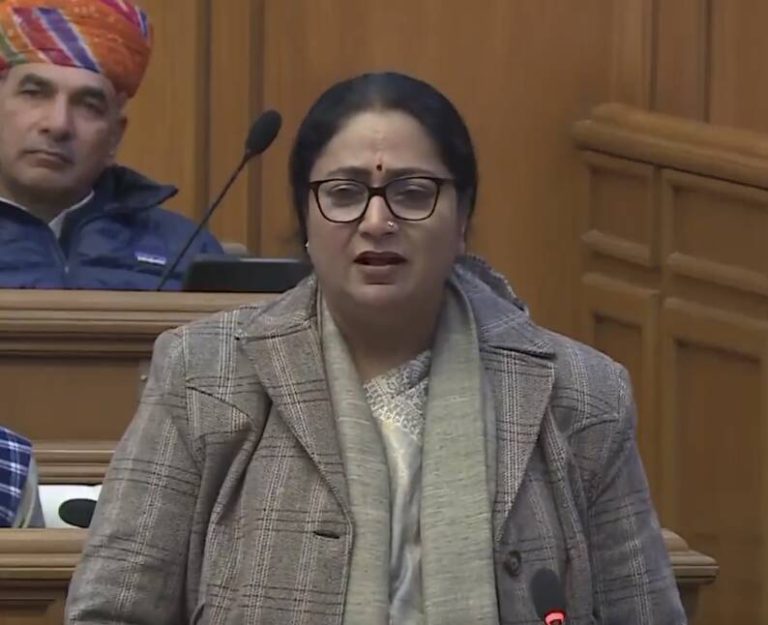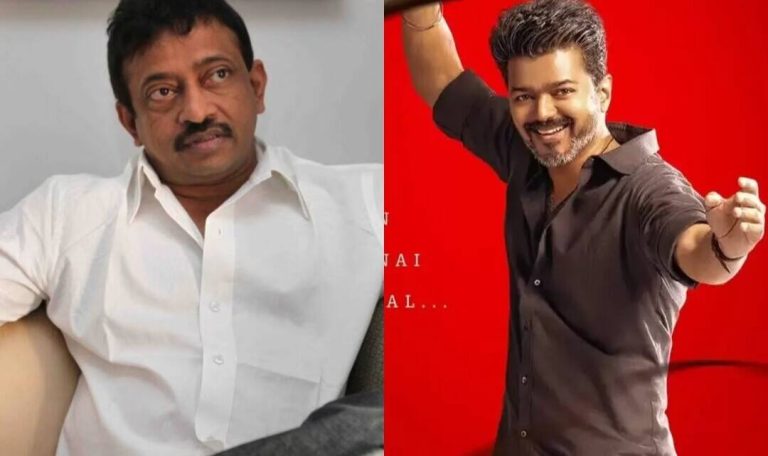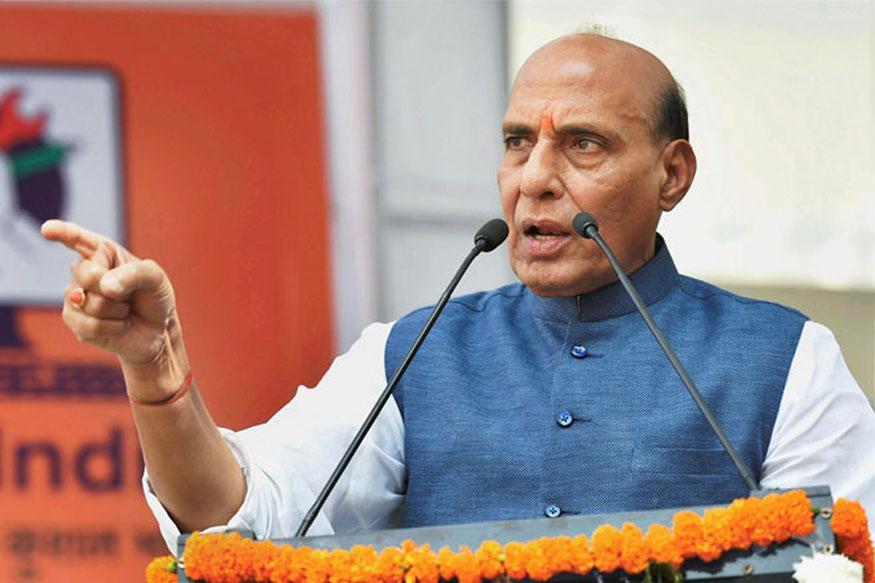
Sindh in Pakistan may return to India in future: Rajnath Singh
In a statement that has sent shockwaves across the subcontinent, Defence Minister Rajnath Singh has expressed his belief that the Sindh province in Pakistan may return to India in the future. This statement, made on Sunday, has sparked a heated debate about the future of the region and the potential implications for India-Pakistan relations.
According to Singh, Sindh, which is currently a part of Pakistan, will always be a part of India civilisationally. “Today, Sindh may not be a part of India, but civilisationally, Sindh will always be a part of India…and as far as land is concerned, borders can change,” he said. This statement suggests that Singh believes that the cultural and historical ties between Sindh and India are strong enough to transcend current geographical boundaries.
Singh also reached out to the people of Sindh, stating that they will always be considered a part of India. “People of Sindh…will always be our own,” he added. This statement is significant, as it implies that the Indian government views the people of Sindh as being closely tied to India, despite the fact that they are currently citizens of Pakistan.
The statement has been met with a mixture of reactions, with some hailing it as a bold assertion of India’s cultural and historical claims to the region, while others have criticised it as a provocative and unrealistic statement. The Pakistani government has yet to respond to Singh’s statement, but it is likely to be viewed with skepticism and concern in Islamabad.
The history of Sindh is complex and multifaceted, with the region having been ruled by various empires and dynasties over the centuries. Prior to the partition of India in 1947, Sindh was a part of the Bombay Presidency, which was a province of British India. However, with the creation of Pakistan, Sindh became a part of the new country, and has remained so ever since.
Despite the fact that Sindh is currently a part of Pakistan, there are still many cultural and historical ties between the region and India. The Sindhi language, for example, is closely related to other languages spoken in India, such as Gujarati and Hindi. Additionally, many Sindhis have maintained strong family and cultural ties with India, despite the fact that they are now citizens of Pakistan.
Singh’s statement has also sparked a debate about the potential implications for India-Pakistan relations. The two countries have a long and complex history of conflict and tension, with the issue of Kashmir being a major point of contention. The statement has been seen by some as a provocative move by the Indian government, which could potentially escalate tensions between the two countries.
However, others have argued that Singh’s statement should be seen as a positive development, as it highlights the cultural and historical ties between India and Sindh. They argue that by acknowledging these ties, the Indian government is opening up the possibility of greater people-to-people contact and cooperation between the two countries.
In conclusion, the statement made by Defence Minister Rajnath Singh has sparked a heated debate about the future of Sindh and its potential relationship with India. While the statement has been met with a mixture of reactions, it is clear that the issue of Sindh is complex and multifaceted, and will require careful consideration and diplomacy to resolve.
As the situation continues to unfold, it will be important to watch how the Indian and Pakistani governments respond to Singh’s statement. Will the Pakistani government view the statement as a threat, or will they see it as an opportunity to engage in greater dialogue and cooperation with India? Only time will tell, but one thing is certain – the issue of Sindh is an important one, and its resolution will have significant implications for the future of the region.
For now, we can only speculate about the potential implications of Singh’s statement. However, one thing is clear – the relationship between India and Pakistan is complex and multifaceted, and will require careful consideration and diplomacy to navigate.
News Source: https://x.com/ANI/status/1992553266811711792
